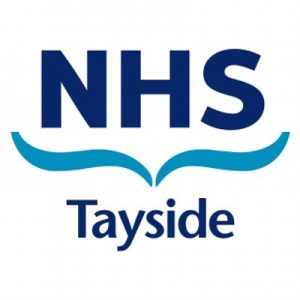 Challenge sponsor
Challenge sponsor
Primary care is a broad term, covering all health and wellbeing care delivered to the population in the community, ie outwith the hospital setting. More than 90% of every healthcare interaction, every single day, begins and ends in primary care. It includes GP’s, chemists, dentists and optometrists, as well as thousands of other staff, nurses, physiotherapists, mental health workers and care givers. The NHS is one of the biggest employers in Tayside and has a dedicated Primary Care Service.
Across the country, thanks to advances in technology and healthcare, more people are living longer, and with an increasing burden of chronic diseases such as high blood pressure and diabetes. We are also seeing the gap between rich and poor widen. We cannot afford to keep going the way we are, and so need to think about how we can better support people to look after themselves, and to help prevent from a much earlier age. These are issues which the NHS is working to address.
Challenge scenario
Joe is coming up for 16 and lives with his mum and his dog in a council house. His father is no longer on the scene, but used to beat his mother up and Joe frequently witnessed these violent episodes. Joe doesn’t really go to school, he’s crippled with anxiety, self-harms and smokes dope. He does have dreams though. School is tough and when he’s challenged he just kicks off and as a result he’s been excluded. The only class he really likes and does well in is technical design because he doesn’t have to write. Joe would like be a joiner but he doesn’t have reading and writing skills.
Joe’s scenario is real, and happening in a street near you today. How can you bring together your knowledge, skills and enthusiasm to firstly try and understand what it feels like to walk in Joe’s shoes, and then how you might come up with some ideas to help improve his life chances through improved literacy?